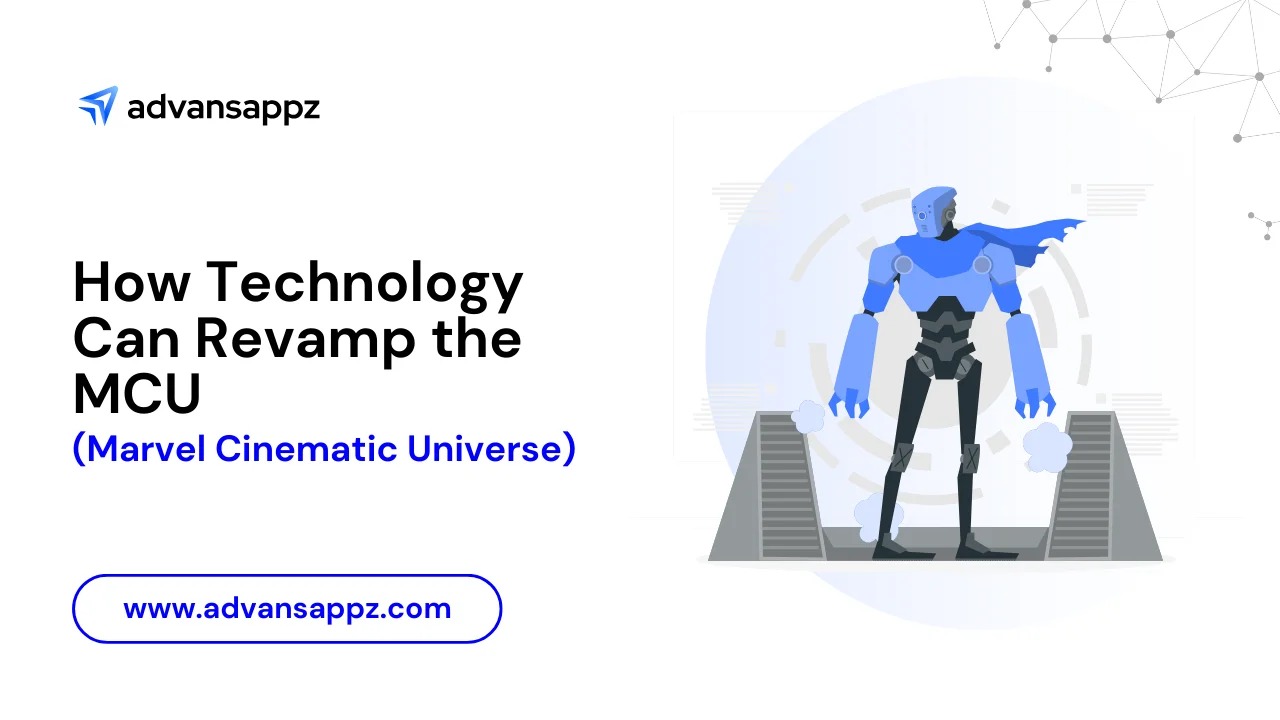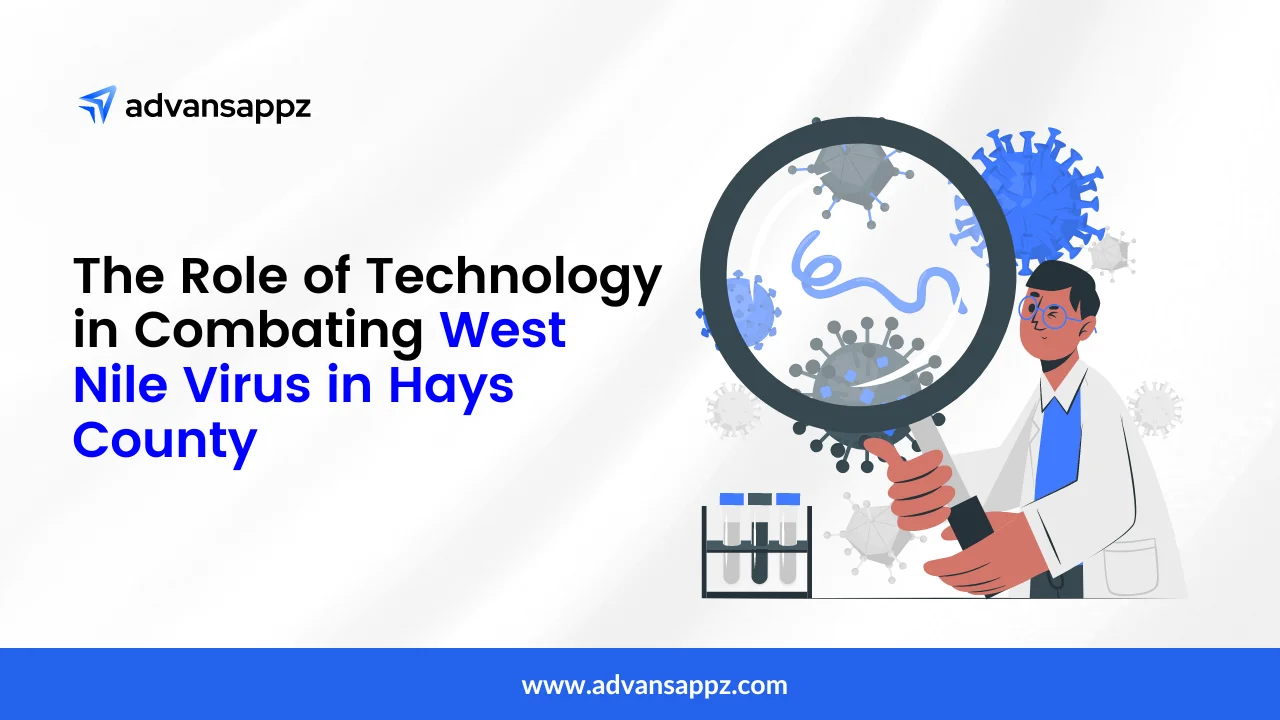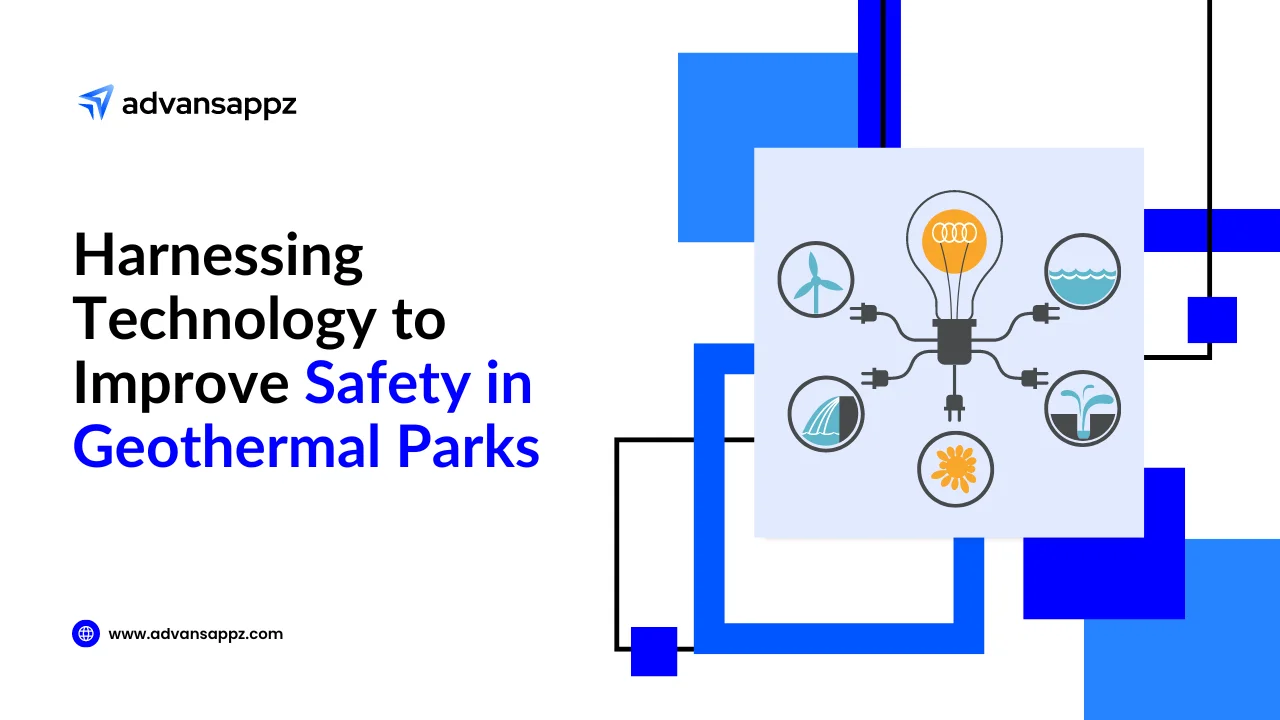Every day, the world of startup technology continues to evolve and disrupt traditional industries. Startups that want to stay ahead of the curve need to keep up with emerging technologies poised to transform the business landscape.
From artificial intelligence (AI) and the Internet of Things (IoT) to blockchain, extended reality (XR), and quantum computing, there are a host of cutting-edge technologies that offer new possibilities for startups to innovate and grow.
In this blog post, we’ll explore the top 5 emerging technologies for startups in 2023, backed by statistics and real-world examples, to give you a sense of what’s on the horizon and how you can leverage these technologies to drive success for your startup.
Let’s dive in.
5 Emerging Technology Trends for Startups in 2023

Artificial Intelligence (AI) and Machine Learning (ML)
Artificial Intelligence (AI) and Machine Learning (ML) are rapidly driving innovation across many sectors. With the ability to analyze massive amounts of data and make predictions and decisions based on that data, these technologies are poised to revolutionize how businesses operate.
According to a report by Gartner, AI augmentation will generate $2.9 trillion in business value and recover 6.2 billion hours of worker productivity by 2025.
From chatbots and virtual assistants to predictive analytics and fraud detection, AI and ML offer startups the opportunity to automate processes, improve decision-making, and deliver better customer experiences.
Example: One famous example of a startup using AI and ML is Cortexica, a UK-based company that uses AI to develop visual search technology for retailers. Their technology allows shoppers to take photos of an item and find similar products online. With the potential to drive business value and improve operations, AI and ML are a must-watch for startups in 2023.
Internet of Things (IoT)
The Internet of Things (IoT) is a network of interconnected devices that can swap data without human intervention. According to a report by IDC, the global IoT market is expected to reach $1.1 trillion by 2025. The adoption of smart homes, smart cities, and Industry 4.0 drives this growth. IoT can improve operational efficiency, reduce costs, and enhance startup customer experiences.
Example: A startup called Particle provides an IoT platform enabling companies to connect and manage their devices easily—Airthingsgs, a Norwegian startup that uses IoT sensors to monitor indoor air quality. The startup’s technology has been integrated into innovative home systems such as Google Nest and Amazon Alexa. Startups can gain valuable insights into customer behavior and preferences, optimize supply chain management, and enhance product offerings.
However, as IoT devices become more ubiquitous, security risks also increase. Startups must prioritize data privacy and security to ensure the safe and secure use of IoT technology.
Blockchain

Blockchain is a distributed ledger technology that offers secure, transparent, and tamper-proof record-keeping. Blockchain is the backbone of cryptocurrencies like Bitcoin and Ethereum, but it has many other use cases beyond finance.
According to a report by MarketsandMarkets, the global blockchain market is expected to grow from $3 billion in 2020 to $39.7 billion by 2025 at an annual growth rate (CAGR) of 67.3%. Startups can leverage blockchain technology to create secure digital identities, streamline supply chain management, and enable decentralized marketplaces.
Example: A startup called Civic is using blockchain to create specific digital identities that can be used for everything from voting to accessing healthcare.
Another example is VeChain, a blockchain-based supply chain management platform that provides secure tracking and verification of products. By leveraging blockchain technology, startups can create more transparent and trustworthy systems, reduce the costs of intermediaries, and improve operational efficiency. However, the adoption of blockchain technology is still in its early stages, and there are technical and regulatory challenges to overcome. Nevertheless, startups that can navigate these challenges can reap the benefits of blockchain technology and gain a competitive advantage.
Extended Reality (XR)
Extended Reality refers to the umbrella term that includes Augmented Reality (AR), Virtual Reality (VR), and Mixed Reality (MR). XR technology is poised to transform many industries, including gaming, healthcare, education, and retail. According to a report by Statista, the global XR market is expected to grow from $17 billion in 2020 to $209 billion in 2022. XR technology allows startups to create immersive customer experiences, enhance employee training programs, and provide new ways to interact with products and services.
Example: A startup, HoloMe is one of the startup technology examples that provide an AR platform that allows businesses to create lifelike 3D holograms of products that customers can interact with in real-time.
By leveraging XR technology, startups can create exceptional and engaging experiences that differentiate them from competitors, improve customer engagement and loyalty, and reduce costs associated with traditional training methods. However, XR technology is still in the early stages of adoption, and there are challenges related to hardware and software development and user adoption. Nevertheless, startups that can overcome these challenges can unlock the potential of XR technology and drive innovation in their respective industries.
Quantum Computing
A study by IBM found that 85% of enterprises believe quantum computing will be a game-changer for their business.
Quantum computing is still in its early stages, but it has the potential to revolutionize how businesses operate. Quantum computers can perform calculations much faster than conventional computers, which can be helpful for startups in finance and healthcare. For example, a startup in the finance industry can use quantum computing to perform complex financial simulations and improve risk management processes.
Many businesses are using quantum computing software to solve complex optimization problems faster and more efficiently than traditional computers.
Also Check: Cloud Technology for Startups: A Complete Guide
Conclusion
Startups in 2023 will have a plethora of emerging technologies to choose from to drive innovation, increase efficiency, and enhance customer experiences. AI and ML, IoT, Blockchain, and XR are just a few examples of cutting-edge technologies that startups can leverage to gain a competitive edge in their respective industries.
While these technology startups have great potential, navigating their complexities requires the expertise of a reliable technology partner. advansappz is a leading technology partner that can help startups navigate these challenges, from ideation to development and beyond, with its team of experienced professionals and a track record of successful projects.












